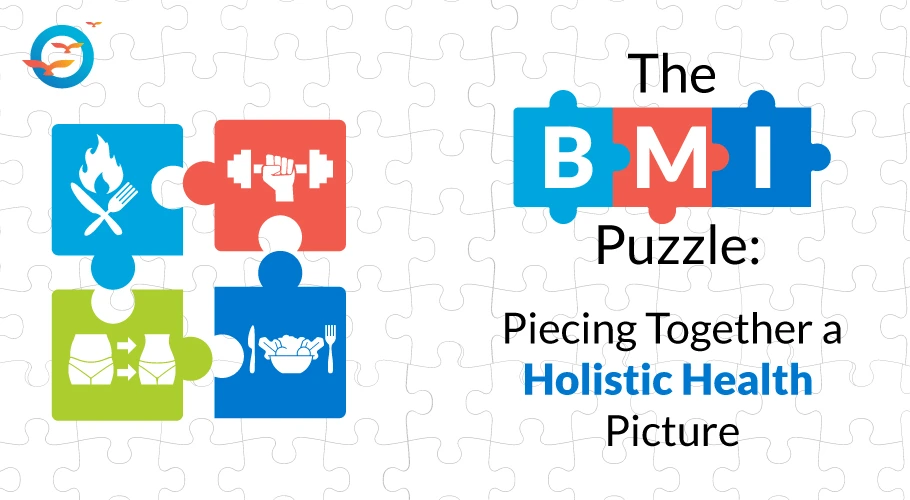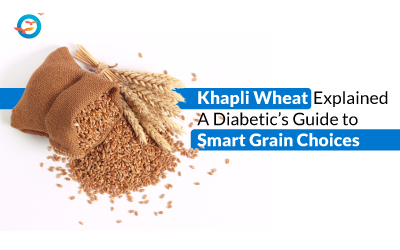Understanding Body Mass Index (BMI)

BMI or Body mass index, is widely used to determine whether an individual's weight falls within a healthy range. It is often used as a screening method to assess potential health risks associated with higher or lower weight ranges.
What does BMI mean?
BMI is a calculation based on an individual's weight and height. It is calculated by dividing an individual's weight in kilograms by the square of their height in meters (kg/m²).
This simple numerical value is validated by research to estimate body fat levels.
How to interpret your BMI score?
The World Health Organization (WHO) has established the following BMI categories:
- Underweight: BMI < 18.5
- Normal weight: BMI 18.5 - 24.9
- Overweight: BMI 25.0 - 29.9
- Obese: BMI ≥ 30.0
While one may rush to place oneself in any of the categories above, it is important to note that these categories are not definitive. One must also consider other factors, such as age, body composition, muscle mass, and overall health status.
What are the Advantages of BMI?
- Simple and easy to calculate
- Widely accepted
- Mass screening at a population-level
Understanding BMI’s Limitations
1. Doesn't account for body composition:
BMI does not differentiate between lean muscle mass and fat mass, which can lead to misleading results for individuals with a high muscle-to-fat ratio, such as athletes or bodybuilders.
2. Variations across populations:
BMI may not be as accurate for certain ethnic groups or individuals with different body types or bone structures.
3. Doesn't consider age or gender:
BMI does not take into account age or gender, which can influence body fat distribution and health risks.
It's always recommended to consult with a healthcare professional for a comprehensive evaluation of your overall health and to develop personalized strategies for maintaining a healthy weight and lifestyle.
We at FFD emphasize people first aim for a healthy BMI basis where they begin from. We’ve found this helps people gain control over diabetes and other ailments.
In conclusion, while BMI is essential for assessing potential weight-related health risks, one must consider a holistic viewpoint of a person before jumping to any conclusion.
Moral: To be happy and healthy one need not have a perfect BMI!....It is one part of a multipronged approach to analysing a person’s health.
FAQs
What is BMI and how is it calculated?
BMI (Body Mass Index) is a measurement that assesses body weight in relation to height. It is calculated as weight (kg) divided by height (m²).
What are the standard BMI categories?
The World Health Organization (WHO) defines BMI categories as:
Underweight: Less than 18.5
Normal weight: 18.5 - 24.9
Overweight: 25.0 - 29.9
Obese: 30 or higher
Is BMI an accurate indicator of health?
BMI provides a general idea of weight-related health risks but doesn’t consider muscle mass, body composition, or individual differences. It’s best used alongside other health assessments.
Why does BMI not account for body composition?
BMI only considers weight and height, not muscle or fat distribution. Athletes and muscular individuals may have a high BMI but low body fat.
Can BMI be misleading for certain populations?
Yes, BMI doesn’t account for variations in age, ethnicity, gender, or bone structure, making it less accurate for some individuals.
Should I be worried if my BMI is high?
A high BMI may indicate excess weight, but it’s important to assess overall health, lifestyle, and other factors before drawing conclusions. Consulting a healthcare professional is recommended.

